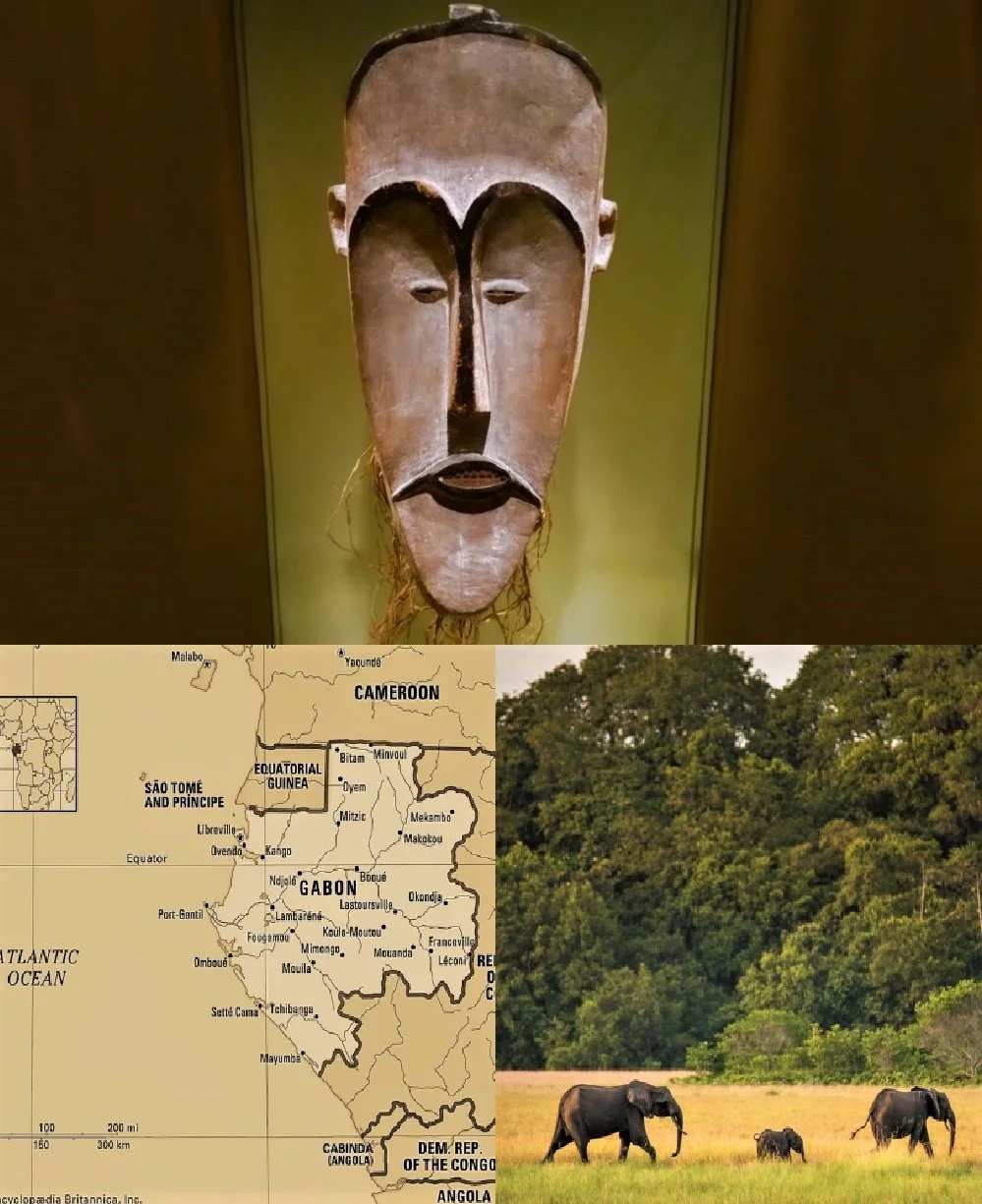DNA Used to Count Gabon's Endangered Forest Elephants in Breakthrough Research
/DNA Used to Count Gabon's Endangered Forest Elephants in Breakthrough Research AOC Sustainability
The world’s forest elephant population is now critically-endangered. The designation means that over 80% of the total global population have declined in three generations. The two major reasons are 1) illegal ivory and 2) the sustainable carrying capacity of the available land on which elephants can roam and live.
Select areas remain where there is both high quality habitat and stable elephant populations. African nations with a stable population of forest elephants include Gabon, the northern Republic of Congo, northern Botswana, northern Tanzania and northern Kenya.
Gabon on its own holds about half of all forest elephants in the world. For the first time the forest elephant population in Gabon has been surveyed using DNA from fresh elephant dung. The research represents the first national, DNA-based documentation of any large, free-ranging group of mammals in Africa.
Compared to other countries in Africa, Gabon has one of the lowest human population densities, and the 90% majority of people live in towns and cities. Researchers estimate that there may be one elephant for every twenty humans living in Gabon.

























